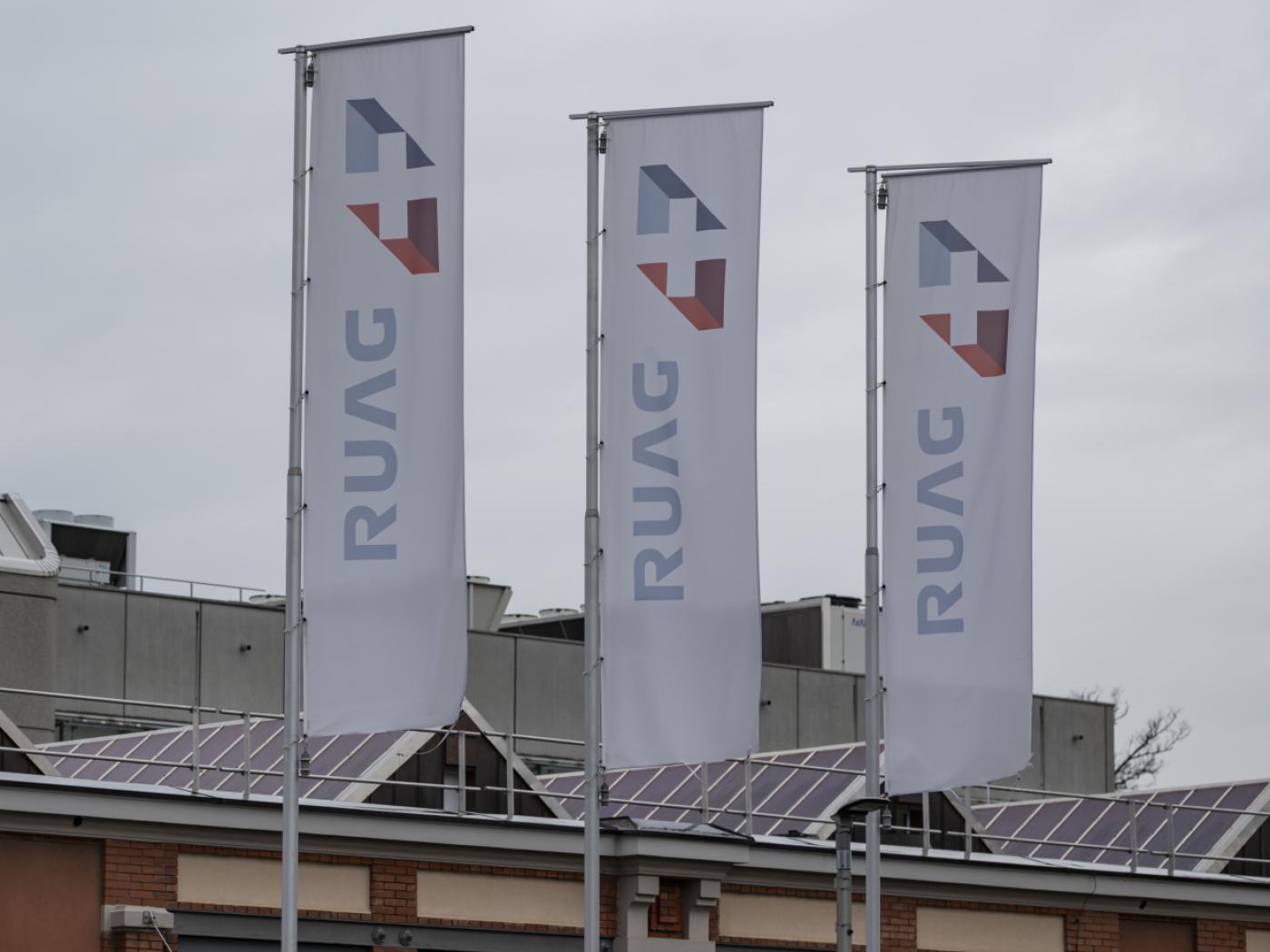Americans from Florida to North Carolina continue to deal with the devastating consequences of Hurricane Helene, now the deadliest hurricane to hit the US since Katrina. The stories emerging from the region are heart breaking. The economic damage to property and the infrastructure will take years to recover from. Large parts of the area will never return to what they were.
Many Americans may be unaware of the extent of the damage. Unlike Hurricane Katrina, which received non-stop coverage on cable news for weeks, with primetime anchors like Anderson Cooper visiting on location covering stories of human tragedy and government incompetent, Helene’s aftermath has received far less coverage. It is on social media platforms like X where folks will find horrifying stories of the stench of death still strong in difficult to reach areas, the lack of government assistance for those in need, and the courage of private efforts serving the area.
Some of this is explained by the time period we are living in. Escalation in the Middle East. A national election is on the horizon. A court decision releasing documents that allows the salivating press to re-litigate the events of January 6th, 2020 yet again. What cannot be ignored, however, is the extent to which the open hostility the nation’s most powerful institutions have had to the sorts of people that are overwhelmingly impacted by this storm, predominantly white, working class, and politically conservative.
This horrific natural disaster is a reminder of the extent to which the regime hates the people who live there.
This was true prior to Helene, where Washington policies have impoverished this areas with policies ranging from the national impact of inflation and financialization to more specific regional impacts stemming from regulatory policy with specific impacts on the region impacted. The immediate aftermath, however, demonstrates the extent to which state reaction to a disaster impedes voluntary efforts to quickly mobilize and assist those in need.
A combination of heavy-handed federal and state action has attempted to undercut recovery efforts, from grounding private helicopters seeking to rescue stranded victims, to the demands of Transportation Secretary Pete Buttigieg to stop citizens from flying drones near impacted areas seeking to locate those in need of help. Given the logistical strains that even the best organized response to a severe crisis would create, the voluntary organization of local human resources on the ground is essential to meaningful and quick recovery. Here, the priority of government actors has been to elevate their control over the situation at the expense of these efforts.
The allocation of emergency resources itself is deserving of extended scrutiny as well. The victims of this tragedy, like all Americans, have their wealth extracted by Washington to fill the coffers of large federal agencies like FEMA. This same agency, whose nominal priority is to assist Americans in the case of emergency, are already pleading poverty. Of course, these same agencies oversaw the redirection of over a billion dollars in recent years to subsidize migration into the country. The priorities are clear, emergency funds take a back seat to a regime that cares more about new arrivals than the families who lived in this country for generations.
This predatory relationship between the regime and its citizens is systemic. The priorities of Washington will always stand in conflict with the people of Appalachia. DC sees no problem with ordering the Tennessee National Guard to the Middle East at a time when their fellow Tennesseans are facing their own crisis. This relationship is also bipartisan in nature. Kentucky Senator Mitch McConnell, who has become very rich off the backs of the people who elevated him to political power, ignoring the victims of Helene on social media, while very focused on Israel and Iran.
The regime will always prioritize its own interests, including the interests of what it has identified as their special privileged classes, over the interests of its people. Changing this parasitic relationship requires more than a change of political party in the White House, but a determined effort by those who seek to represent the interests of these people to strike at the root of this relationship.
Unfortunately, while elections alone are not adequate to address the victimization of Appalachia, it is reasonable to consider what impact the specter of politics is having on their current neglect. The counties most impacted by the storm disproportionately vote in ways the current regime does not like.
Would America’s federal government deliberately undermine recovery efforts to try to achieve its own desired political ends? Would the corporate press deliberately fail to cover the inadequacy of these efforts, hoping to prevent a candidate it fears doesn’t win?
For those that understand the true nature of the state, the answer is an obvious one.
Our prayers are with the victims of Hurricane Helene, that they receive the help they need as recovery efforts continue, that they have the ability to build back their communities strong, and that they will one day be free of a regime that cares so little for them.
Full story here Are you the author? Previous post See more for Next postTags: Featured,newsletter






























